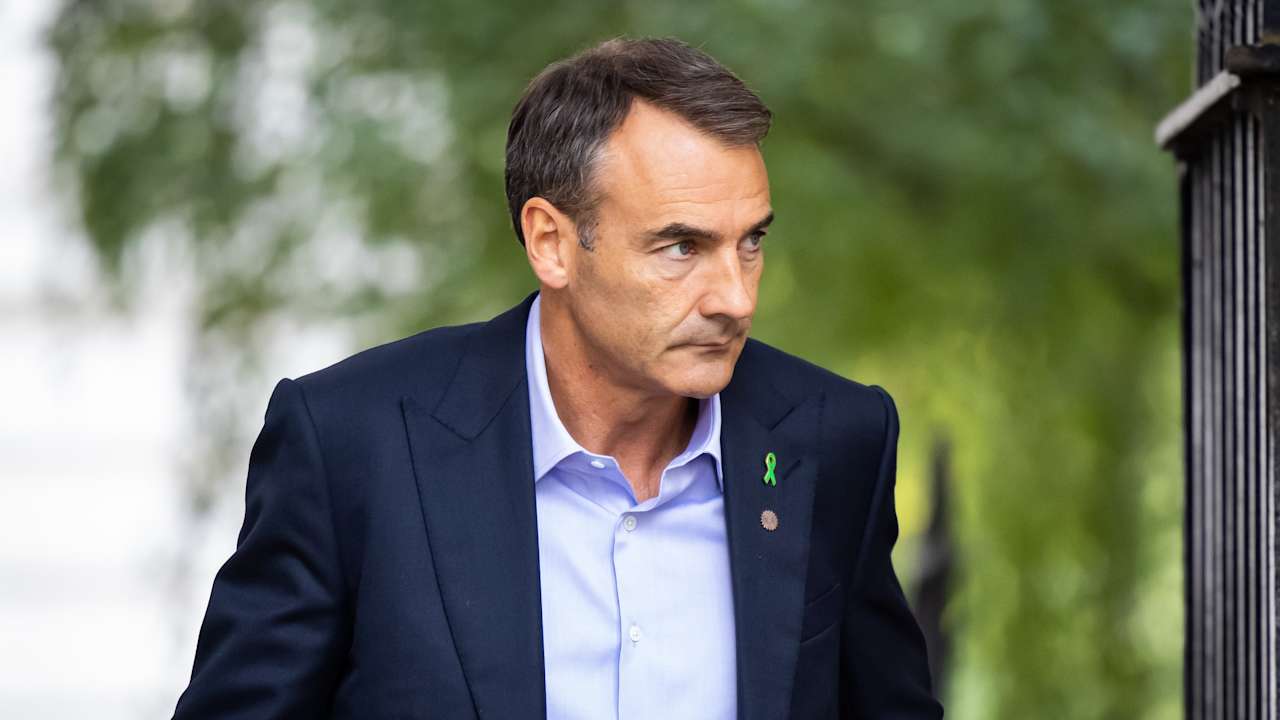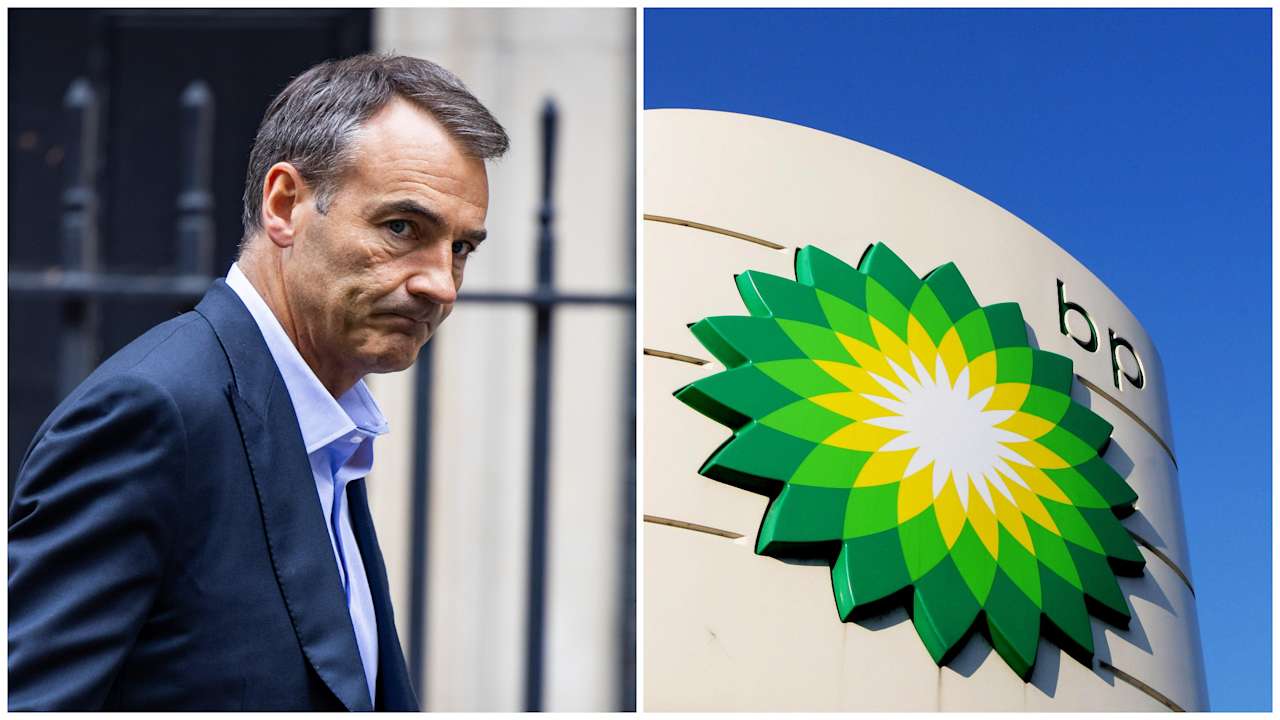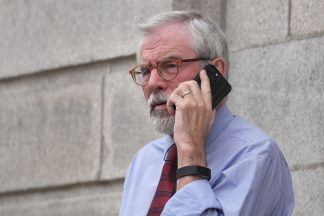ITV News’ Business and Economics Editor Joel Hills puts into context the extraordinary resignation of Bernard Looney
BP boss Bernard Looney has resigned with immediate effect after accepting he was not “fully transparent” in his disclosures about past relationships with colleagues.
The Irishman, 53, took the role as chief executive of the oil giant in February 2020, pledging the company would become carbon neutral by the middle of the century.
He has now stepped down, and BP’s chief financial officer Murray Auchincloss will take over the role on an interim basis.
A BP statement read: “In May 2022, the board received and reviewed allegations, with the support of external legal counsel, relating to Mr Looney’s conduct in respect of personal relationships with company colleagues. The information came from an anonymous source.
“During that review, Mr Looney disclosed a small number of historical relationships with colleagues prior to becoming CEO. No breach of the company’s code of conduct was found.
“However, the board sought and was given assurances by Mr Looney regarding disclosure of past personal relationships, as well as his future behaviour.
“Further allegations of a similar nature were received recently, and the company immediately began investigating with the support of external legal counsel. That process is ongoing.
“Mr Looney has today informed the company that he now accepts that he was not fully transparent in his previous disclosures. He did not provide details of all relationships and accepts he was obligated to make more complete disclosure.

“The company has strong values and the board expects everyone at the company to behave in accordance with those values.
“All leaders in particular are expected to act as role models and to exercise good judgement in a way that earns the trust of others.”
Mr Looney had pledged BP would aim to get to net zero by 2050 – the same target that was adopted by the UK Government.
His announcement that the business would increase the amount it invests in low-carbon projects tenfold by 2030 to around five billion US dollars (£4bn) a year gained praise from environmental group Greenpeace.
He also helped to navigate the firm through unpredictable periods such as the coronavirus pandemic and Russia’s conflict with Ukraine, both of which impacted oil and gas prices.
Follow STV News on WhatsApp
Scan the QR code on your mobile device for all the latest news from around the country























